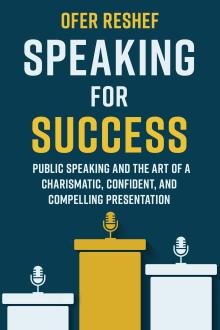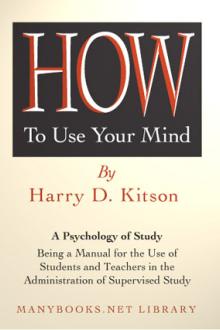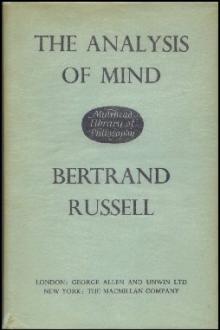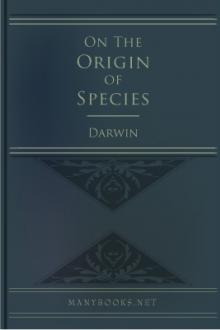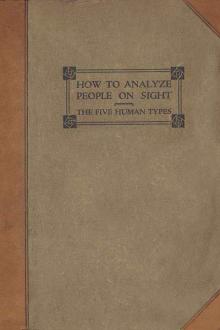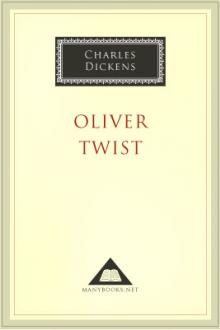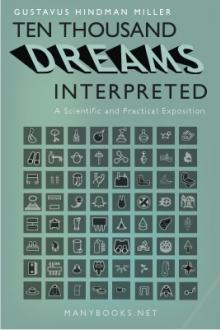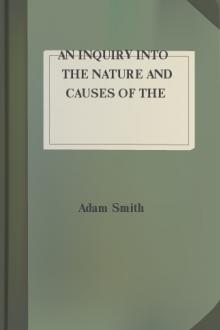The Science of Human Nature
The Science of Human Nature
A Psychology for Beginners
Book Excerpt
an and ends in a muscle. This statement represents the general scheme well enough, but leaves out an important detail. The nerve does not extend directly to a muscle, but ordinarily goes by way of the brain. The brain is merely a great group of nerve cells and fibers which have developed as a central organ where a stimulation may pass from almost any sense organ to almost any muscle.
But another importance attaches to the brain. When a sense organ is stimulated and this stimulation passes on to the brain and agitates a cell or group of cells there, we are conscious. Consciousness shifts and changes with every shift and change of the stimulation.
The brain has still another important characteristic. After it has been stimulated through sense organ and nerve, a similar brain activity can be revived later, and this revival is the basis of memory. When the brain is agitated through the medium of a sense organ, we have sensation; when this agitation is revived later, we hav
FREE EBOOKS AND DEALS
(view all)Popular books in Psychology, Non-fiction
Readers reviews
0.0
LoginSign up
Be the first to review this book
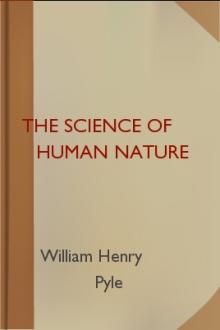
 Free Download
Free Download
